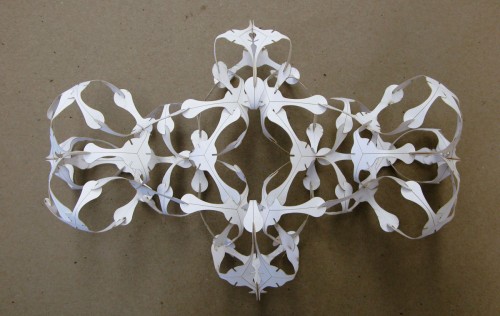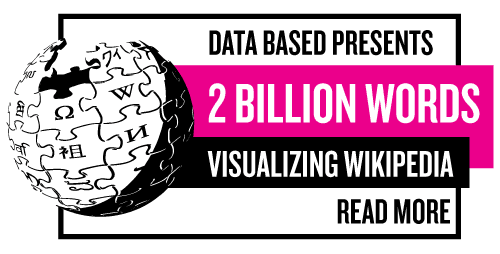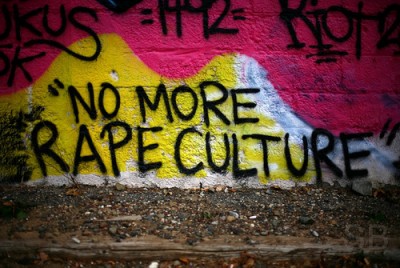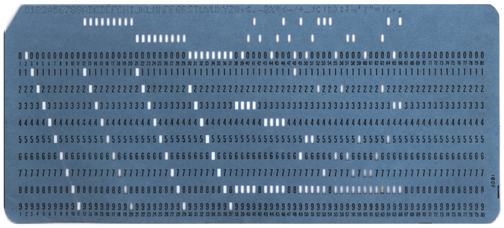“The primacy of contemplation over activity rests on the conviction that no work of human hands can equal in beauty and truth the physical kosmos, which swings in itself in changeless eternity without nay interference or assistance from outside, from man or god.” –Hannah Arendt in The Human Condition

I’ve been thinking a lot about methods lately. I want to spend a few paragraphs considering the current state of affairs for social scientists interested in science and technology as their objects of analysis. What kind of work is impossible in our current universities? What kinds of new institutions are necessary for breaking new ground in method as well as theory? Think of this post as an exercise in McLuhan-style probing of institutions of higher learning. I’m going to play with a lot of “what-ifs” and “for instances.” None of this is particularly actionable, nor am I even interested in proposing anything that would be recognized as “realistic” or even “pragmatic.” Mainly, I’m interested in stepping back, considering the state of our technosociety, and asking what kinds of questions need asking and what kinds of science is being systematically left undone. more...








